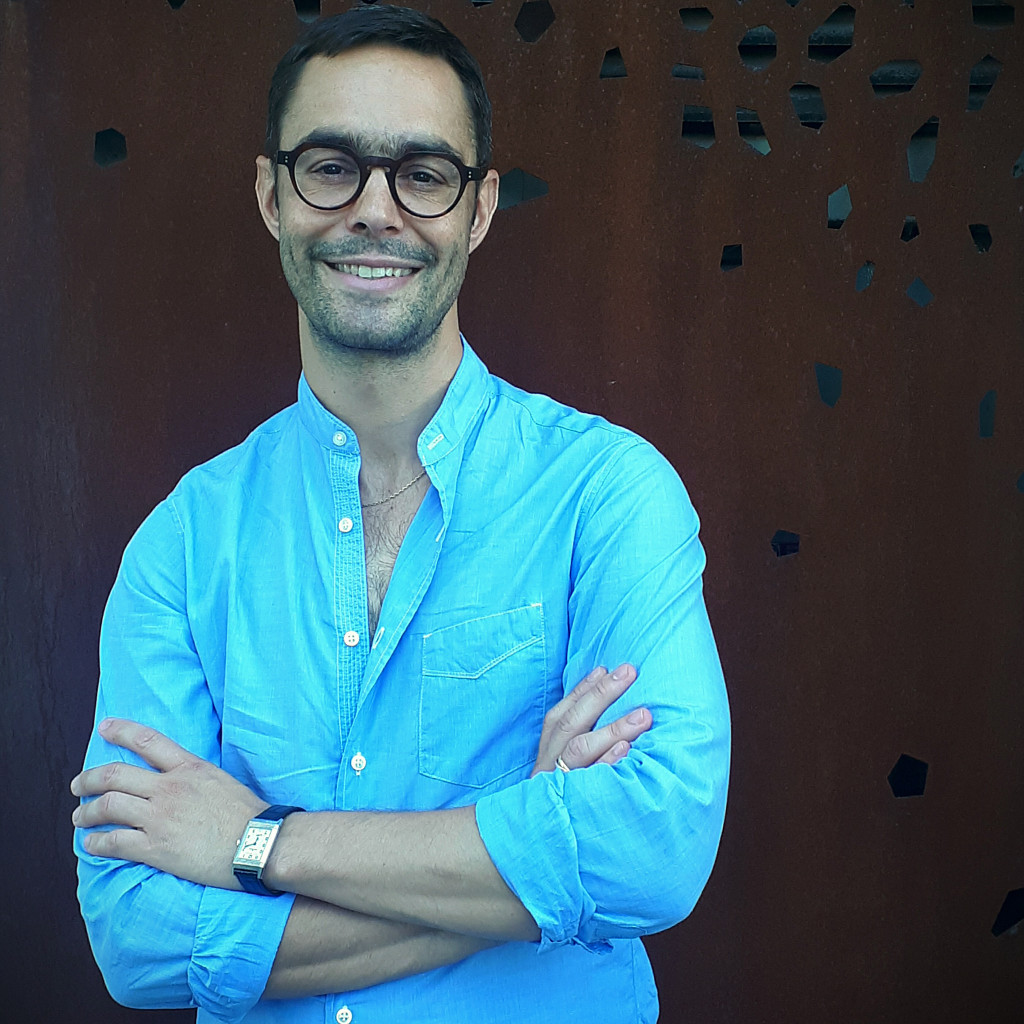
 Peter Kamenický, MD, PhD, is a professor of endocrinology at the French reference center for rare pituitary diseases, and for rare diseases of calcium and phosphate metabolism, at the Bicêtre Hospital and Paris-Saclay University, France. He leads the research laboratory UMR-S 1185 “Endocrine physiology and pathophysiology” at the Medical Faculty of Paris-Saclay University. He is currently the clinical lead of the calcium & bone focus area of the European Society of Endocrinology.
Peter Kamenický, MD, PhD, is a professor of endocrinology at the French reference center for rare pituitary diseases, and for rare diseases of calcium and phosphate metabolism, at the Bicêtre Hospital and Paris-Saclay University, France. He leads the research laboratory UMR-S 1185 “Endocrine physiology and pathophysiology” at the Medical Faculty of Paris-Saclay University. He is currently the clinical lead of the calcium & bone focus area of the European Society of Endocrinology.
Pr Peter Kamenickỷ
The project of our unit is centered on endocrine physiology and pathophysiology. It revolves around translational research based on the clinical-biological-fundamental tripod, created on the Bicêtre campus, and which brings together clinicians, biologists and scientists entirely dedicated to cellular and molecular endocrinology in relation to medical concerns. . . The main founding themes of the unit are pursued, based on our expertise and our legitimacy based on national and international recognition in the field of pituitary tumorigenesis, diseases of sexual differentiation, and control of homeostasis sugar retention in the newborn. We address very fundamental aspects of hormonal signaling describing in detail the fine mechanisms of regulation of signal transduction or transcription, characterizing hormonal or genetic abnormalities and carrying out clinical investigations on animal models or exceptional cohorts of the patients.
Three major interdependent and directly interactive themes are developed in parallel: Theme 1 "Genetics and epigenetics of pituitary and adrenal pathologies", coordinated by Pr Peter Kamenickỷ, addresses two unresolved and clinically relevant questions concerning 1) the pathophysiology of somatotrophic adenomas without mutations responsible for the GNAS gene and 2) the molecular mechanisms of their invasive behavior. Theme 2 "Gonadal physiopathology", coordinated by Dr Isabelle Beau, studies endocrine diseases which affect the hypothalamic-pituitary-gonadal function, which are responsible for abnormalities in puberty and fertility in humans. The objectives pursued in this theme will be to discover new factors of neuroendocrine control of gonadal diseases. Theme 3 "Pathophysiology of corticosteroid signaling pathways, from the fetus to adulthood", coordinated by Dr Say Viengchareun, will focus on the study of the regulation of corticosteroid signaling pathways during the perinatal period: from their biosynthesis to activation of their receptors (mineralocorticoid and glucocorticoid receptors). This translational program will aim in particular to explore the alterations in the salt and water balance associated with defects in corticosteroid synthesis and/or mineralocorticoid signaling in two pathological situations: loss of salt in very premature infants and congenital adrenal hyperplasia.